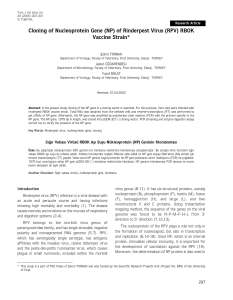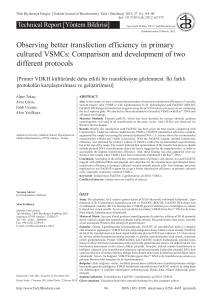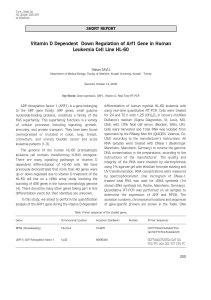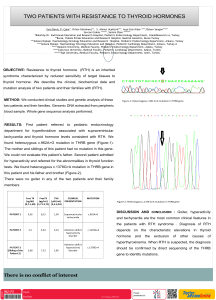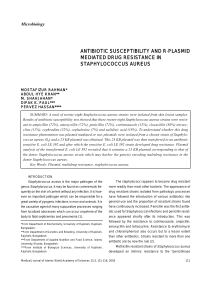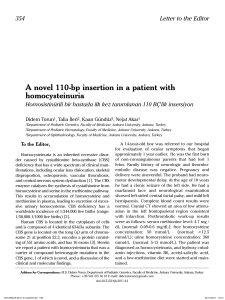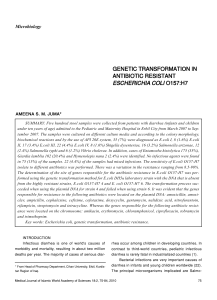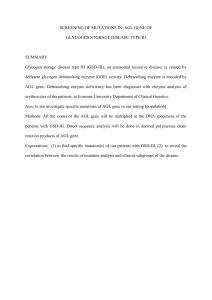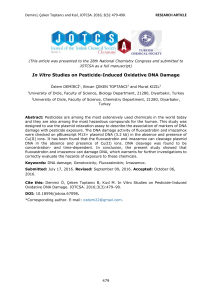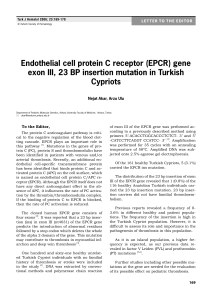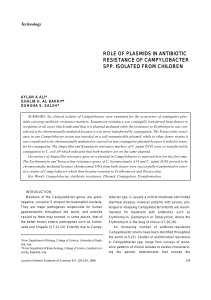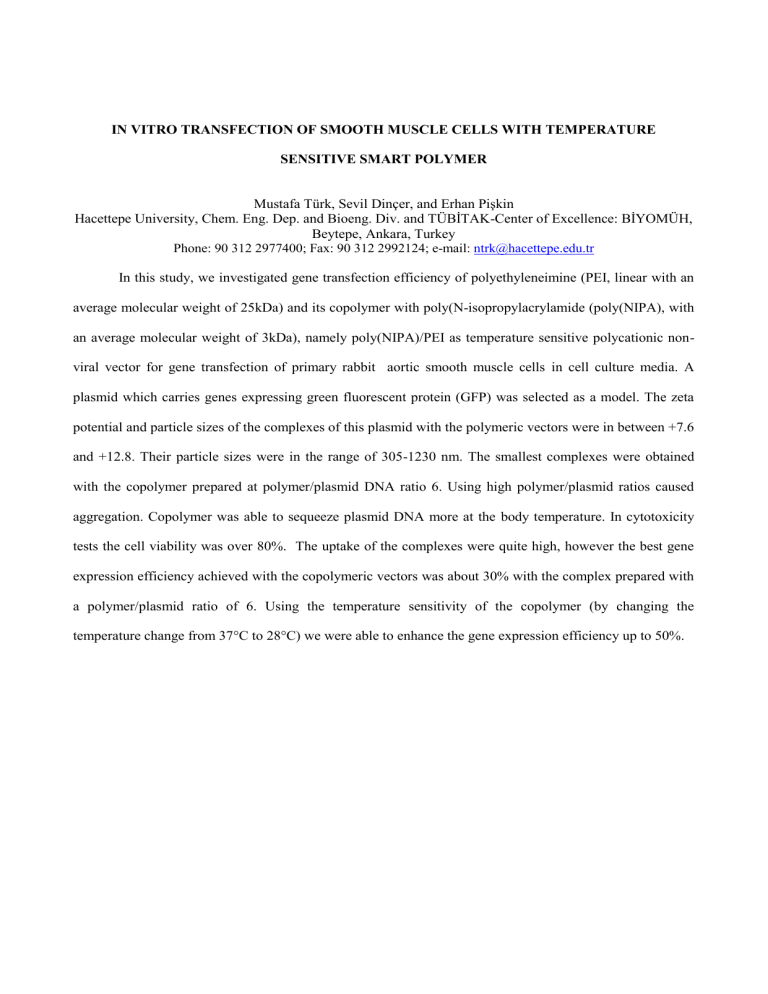
IN VITRO TRANSFECTION OF SMOOTH MUSCLE CELLS WITH TEMPERATURE
SENSITIVE SMART POLYMER
Mustafa Türk, Sevil Dinçer, and Erhan Pişkin
Hacettepe University, Chem. Eng. Dep. and Bioeng. Div. and TÜBİTAK-Center of Excellence: BİYOMÜH,
Beytepe, Ankara, Turkey
Phone: 90 312 2977400; Fax: 90 312 2992124; e-mail: [email protected]
In this study, we investigated gene transfection efficiency of polyethyleneimine (PEI, linear with an
average molecular weight of 25kDa) and its copolymer with poly(N-isopropylacrylamide (poly(NIPA), with
an average molecular weight of 3kDa), namely poly(NIPA)/PEI as temperature sensitive polycationic nonviral vector for gene transfection of primary rabbit aortic smooth muscle cells in cell culture media. A
plasmid which carries genes expressing green fluorescent protein (GFP) was selected as a model. The zeta
potential and particle sizes of the complexes of this plasmid with the polymeric vectors were in between +7.6
and +12.8. Their particle sizes were in the range of 305-1230 nm. The smallest complexes were obtained
with the copolymer prepared at polymer/plasmid DNA ratio 6. Using high polymer/plasmid ratios caused
aggregation. Copolymer was able to sequeeze plasmid DNA more at the body temperature. In cytotoxicity
tests the cell viability was over 80%. The uptake of the complexes were quite high, however the best gene
expression efficiency achieved with the copolymeric vectors was about 30% with the complex prepared with
a polymer/plasmid ratio of 6. Using the temperature sensitivity of the copolymer (by changing the
temperature change from 37°C to 28°C) we were able to enhance the gene expression efficiency up to 50%.


